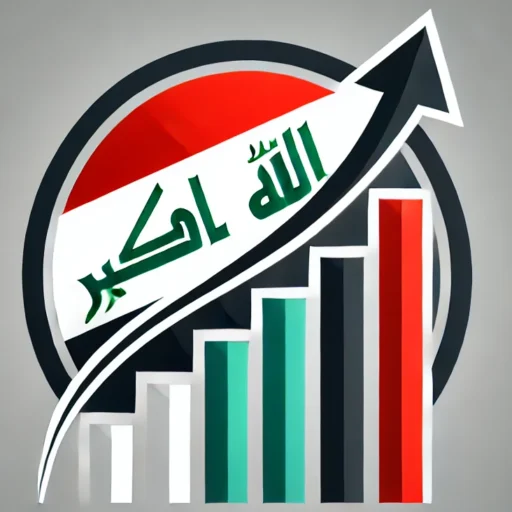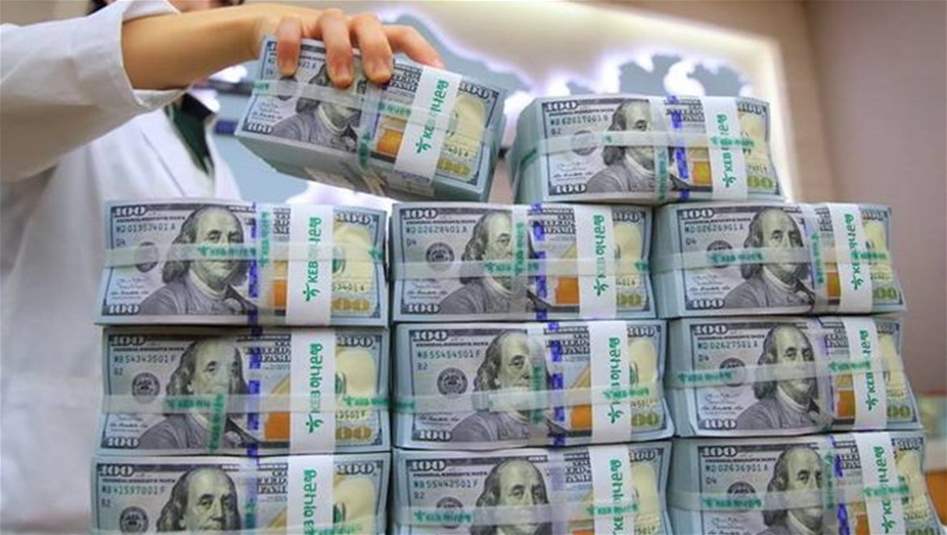As the summer of 2025 approaches, Iraq is confronting significant challenges, driven by the dual threats of an unprecedented heat wave and the potential disruption of Iranian gas supplies due to ongoing U.S. sanctions. These factors raise concerns about an impending electricity crisis in the country.
Issam Shaker, a leading figure in the coordination framework, has placed the blame for any forthcoming electrical energy crisis in Baghdad squarely on the United States, citing its “unfair” decisions as a catalyst for potential turmoil.
U.S. President Donald Trump is reportedly contemplating the cancellation of the exemption allowing Iraq to import natural gas and electricity from Iran, part of a broader strategy to tighten sanctions against Tehran and prevent its exploitation of the Iraqi financial system.
Iraq currently relies on Iranian gas to power approximately 40% of its electricity grid. Thus, any reduction or cessation of these supplies could result in severe electricity shortages during the sweltering summer months.
In a recent discussion, Shaker emphasized that “the energy file in Iraq is a sovereign matter,” asserting that the U.S. lacks the authority to impose conditions and penalties, particularly given Iraq’s heavy reliance on Iranian gas for its electrical stations and energy supply.
Shaker criticized Washington’s sanctions strategy as not only targeting Iran but also affecting numerous nations, illustrating a form of arrogance wherein the U.S. attempts to impose its will on nations that oppose its policies. He cautioned that “sanctions on gas supplies to Iraq would yield harsh repercussions,” especially since Iraq currently has no viable alternatives for powering its electrical stations.
He asserted that “Washington will be held accountable for any electricity crisis that emerges in Iraq as a result of its unjust decisions,” recognizing the limitations faced by the Iraqi government in managing this emerging predicament given the constraints on local fuel supplies for power generation.
Shaker reiterated the urgency, stating that without secured foreign gas supplies, Iraq’s energy situation will deteriorate significantly, particularly as summer approaches. The cessation of Iranian gas imports would likely bring operations at power stations to a “partial” halt, as they are designed to operate on both Iranian and local gas, according to Minister of Electricity Ziyad Ali. He noted that while the ministry has not received any formal notification regarding the termination of exemptions on Iranian gas, contingency plans are being formulated to address potential fuel shortages.
Notably, many Iraqi governorates, including Baghdad, are experiencing widespread violations of electrical networks, with individuals illegally tapping into energy transmission poles. This illegal practice places undue stress on transformers and regional electricity infrastructure.
On February 9, government representatives collaborated with the Ministry of Electricity to initiate an extensive campaign aimed at removing these unauthorized connections, enhancing revenue collection mechanisms, and installing electrical meters in every residential and commercial space as a strategy to control these abuses.
In early February, Prime Minister Mohammed Shi’a Al-Sudani highlighted the challenges facing the electricity sector, explaining that, despite ongoing production increases, demand is rising at a faster pace. He stated, “The government prioritizes all matters related to services, particularly electricity, and is focused on improving other sectors impacted by energy deficits, including transportation and distribution, while promoting efficient consumption and adopting modern energy production systems.”
Over the past several months, Iraq has suffered a loss of over 5,500 megawatts due to the complete halt of Iranian gas supplies. The government has struggled to compensate for this shortfall, resulting in reduced power availability in many cities across the nation.
Recently, Prime Minister Al-Sudani urged the Trump administration to continue exempting Iraq from the import ban on Iranian gas, highlighting that previous U.S. administrations had extended similar exemptions.
He further outlined that “Iraq has a clear vision to achieve energy independence by 2028,” emphasizing the need to maintain the current exemptions during this transition period.
On February 5, Trump announced the reimplementation of stringent sanctions against Tehran, mirroring policies from his initial term, and reiterated his focus on a strategy of “maximum pressure” due to concerns over Iran’s alleged nuclear weapon development.
The recent memo outlined by Trump revoked Iraq’s exemption for importing electricity and gas from Iran and emphasized the importance of preventing the Iraqi financial system from being used by Iran to evade sanctions, as well as blocking the use of Gulf states as transit points for circumventing these measures.
Oil and energy expert Kovand Sherwani previously remarked that a complete cessation of Iranian gas supplies could create a deficit of 7,000 to 8,000 megawatts, resulting in a challenging summer for Iraq. He advised that the nation must seek alternatives or enhance ongoing natural gas investment projects, particularly in southern regions. Sherwani noted an Iraqi contract with Turkmenistan to procure gas via Iran, which could be viewed as a means to circumvent sanctions, as the financial transactions occur indirectly through Turkmenistan.
On October 19, 2024, the Ministry of Electricity signed a deal with Turkmenistan to supply up to 20 million cubic meters of gas daily, facilitated by Swiss company Luxon Energy through the Iranian pipeline network using a swap mechanism. However, this agreement has yet to be operational due to bureaucratic delays involving the Iraqi Trade Bank.
The challenges facing Iraq’s electricity sector are numerous, despite significant financial investments made by the Ministry of Electricity. According to economic advisor Mazhar Muhammad Saleh, over $120 billion have been spent on electrical energy since 2003, yet the efficiency of energy provision remains hampered by mismanagement, waste, and corruption.
Since 2023, the U.S. has offered exemptions allowing Iraq to remit payments to Iran in exchange for electricity, stipulating that these funds must only be utilized for purposes not subject to sanctions, such as the acquisition of humanitarian goods, including food and agricultural items.
The ongoing difficulty in supplying adequate electrical energy has sustained the active civil generator market in Iraq, despite many of these generators being outdated and producing excessive emissions and noise pollution, as many owners neglect to utilize engine silencers.
Since 2003, Iraq’s electricity sector has not seen substantial improvements, leading to annual protests in central and southern cities in response to persistent energy shortages during the summer months.







